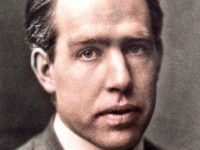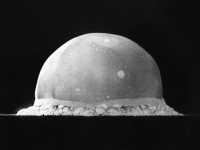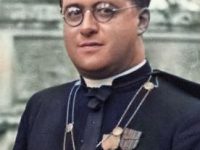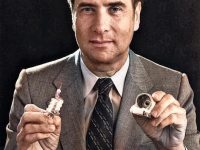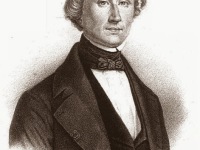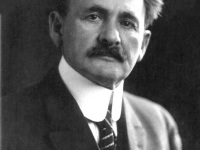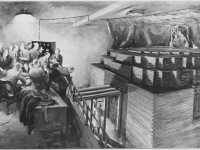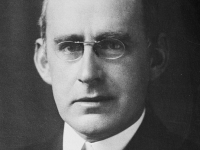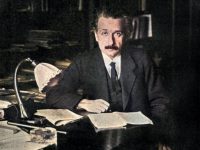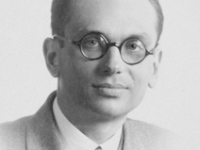Niels Bohr and the Origins of Quantum Mechanics
On October 7, 1885, Danish physicist and Nobel Laureate Niels Bohr was born. Bohr made foundational contributions to understanding atomic structure and quantum mechanics, for which he received the Nobel Prize in Physics in 1922. “Physics is to be regarded not so much as the study of something a priori given, but rather as the development of methods of ordering and surveying human experience. In this respect our task must be to account…
Read more

